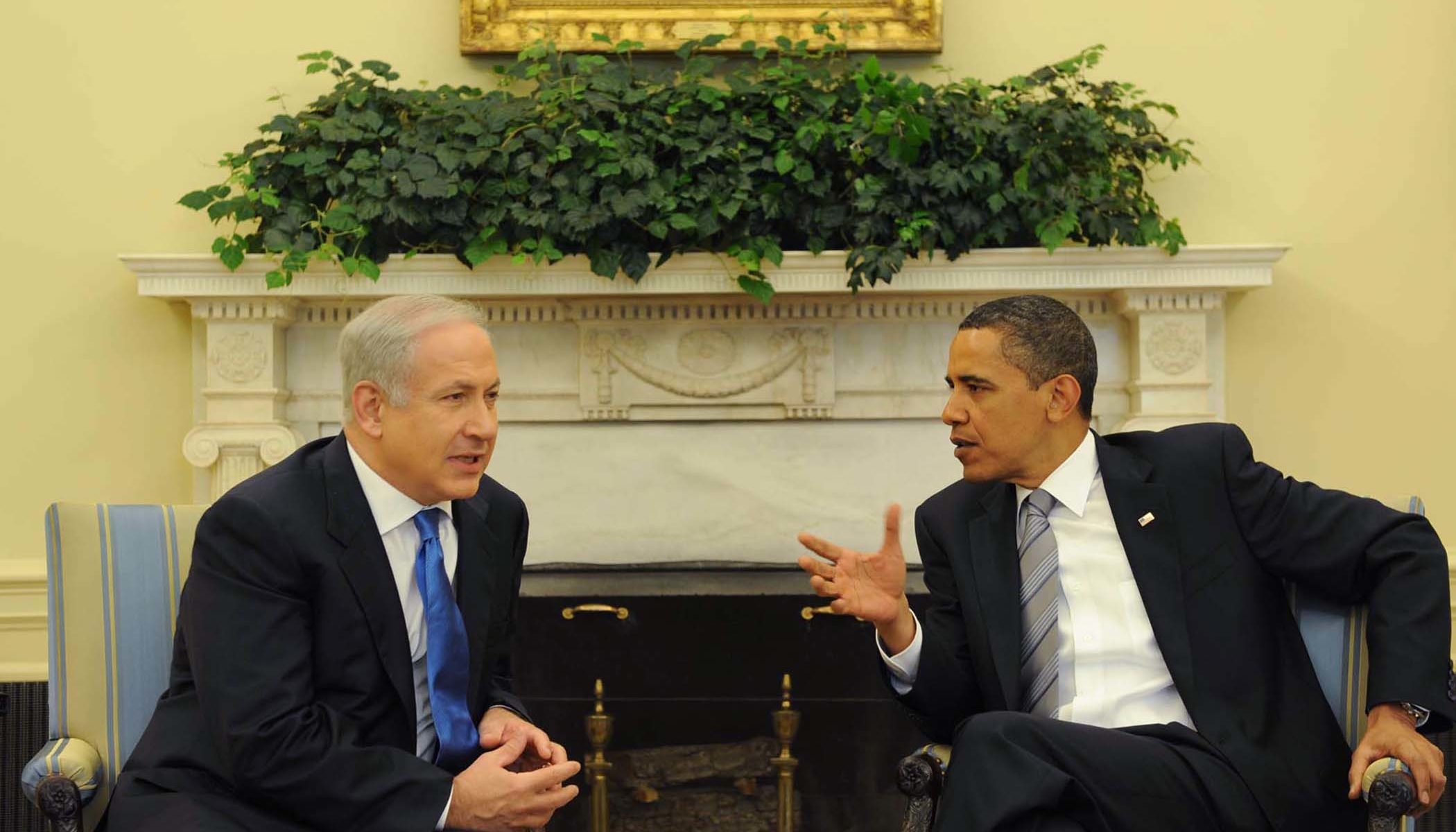WASHINGTON (JTA) — Stop the shouting, we’re trying to get something done over here — that’s the message from some U.S. and Israeli officials after weeks of reports about widening divergences over the settlements.
The first example came Tuesday in the form of an e-mail from a senior White House official to the Jewish Council for Public Affairs, the umbrella body for public policy groups.
“While we may have some differences of view with Israel at the moment over settlements, we are trying to work through them quietly, professionally, and without rancor or ultimatums, as befits a strong relationship with an important ally,” the official said. “We are confident we can do that.”
Within a day, Israeli Defense Minister Ehud Barak was making the same point: The sides agreed to “lower the volume,” Barak said after meeting with top administration officials, including President Obama.
“It’s very important to have a direct conversation behind closed doors and not to do it through the media,” Barak told Israeli reporters on Wednesday.
The differences emerged after Prime Minister Benjamin Netanyahu’s summit with Obama last month.
U.S. officials were frustrated that Netanyahu would not recommit to a two-state solution, as his predecessors had done. Without such a reaffirmation, the officials argued, they could not recommit to Bush administration recognition of the inevitability that certain settlements will remain part of Israel — and to look the other way at some “natural growth.”
Not only was Netanyahu not prepared to give, but his foreign minister, Avigdor Lieberman, had said Israel would scrap agreements achieved under the Bush administration during the Annapolis talks. Those agreements were tactical rather than substantive — they had to do with a structure of cooperation — but Obama administration officials had a sense that the relationship with Israel was becoming one of all take and no give.
That led to some unequivocal language on May 27, just days after the summit, from U.S. Secretary of State Hillary Rodham Clinton.
“The president was very clear when Prime Minister Netanyahu was here,” she said. “He wants to see a stop to settlements — not some settlements, not outposts, not natural growth exceptions. We think it is in the best interests of the effort that we are engaged in that settlement expansion cease. That is our position. That is what we have communicated very clearly, not only to the Israelis but to the Palestinians and others. And we intend to press that point.”
By June 1, Netanyahu was pledging “not to freeze life in Judea and Samaria,” using the Israeli government’s term for the West Bank.
Officials in both administrations said the noise was distracting from a deep, unassailable relationship that was much broader than the latest impasse in talks with the Palestinians.
Moshe Ya’alon, the Netanyahu government’s designated negotiator in the U.S.-Israel strategic dialogue, is due here next week and will cover the typical range of issues, including how to prevent Iran from achieving nuclear weapons capability.
In fact Iran — at least according to Israeli officials — was preoccupying more time among senior officials than the Israeli-Palestinian issues, and the sides are closer than ever. U.S. officials are chafing at what they see as the impudence of the Iranian reaction to Obama’s pitch for outreach in Iran; instead of a stretched hand, Iranian officials are insisting that their nuclear development will continue apace.
Barak predicted that differences over negotiations with Palestinians would smooth as he opened up more roads in the West Bank and facilitated economic development.
It may help, but it was clear from Obama’s groundbreaking speech Thursday in Cairo, addressing the Muslim world, that the U.S. leader is ready to use public pressure on all sides if he feels it is necessary.
“We will say in public what we say in private to Israelis, Palestinians and Arabs,” Obama said.
JTA has documented Jewish history in real-time for over a century. Keep our journalism strong by joining us in supporting independent, award-winning reporting.






